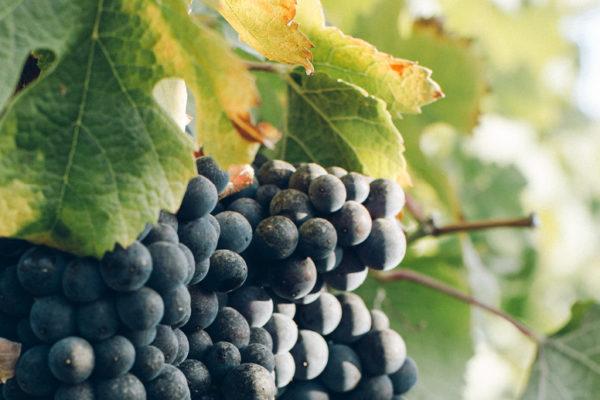In the future, biowaste will be seen as an increasingly valuable raw material.

Waste processing is a growing business
More food is produced than is consumed. Unfortunately, the amount of waste from food production is only expected to grow. Various factors are affecting this, such as people adopting plant-based diets and an increase in processed food and take-aways.
A lack of storage and refrigeration also plays a part. Mistakes in estimated consumption will be made at various stages in the food chain.
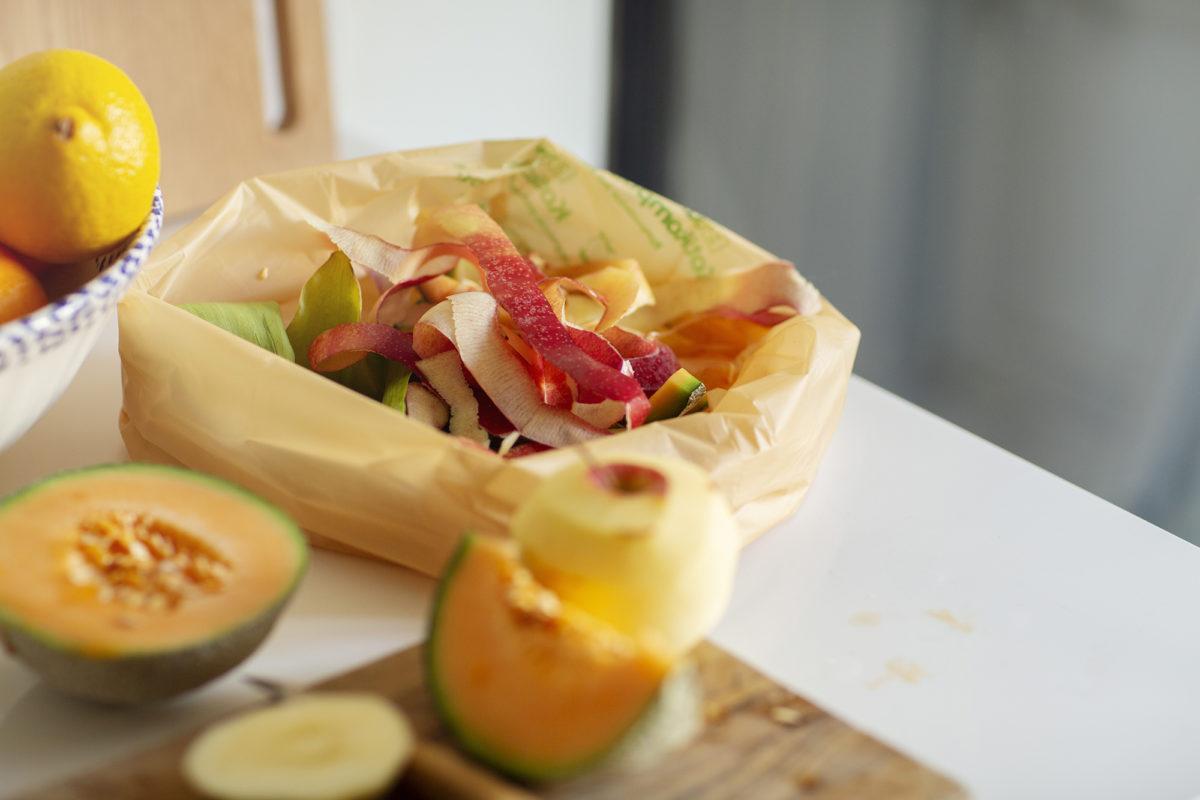
As we’ve said before on this website, throwing biodegradable waste into landfills or incinerating it will not solve the problem. The solution is to give food back its value. Food should primarily be used as food. And what’s left over should be made as valuable as possible.
Bioska’s role is to give biowaste back its value. It may be a small role, but it’s a decisive one. Recycling is up to us, as individuals. We can choose where to put our banana skins At Bioska, we do our best to make sustainable choices the easiest and most pleasant choices for everyone to make.
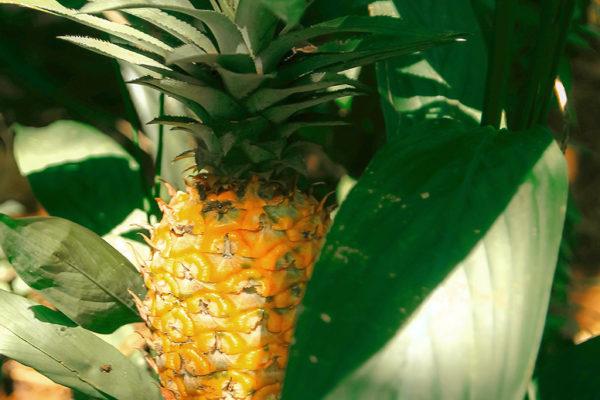
Leather from pineapple leaves
The Pinatex process turns pineapple leaves into a non-toxic, plant-based leather.
Pinatex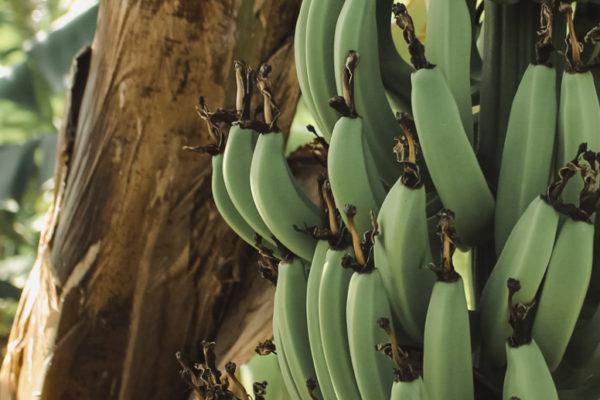
Fabric from banana trees
Circular Systems’ Agraloop is a biorefinery that digests biowaste from food production and transforms it into textile fibres, energy and fertiliser.
Agraloop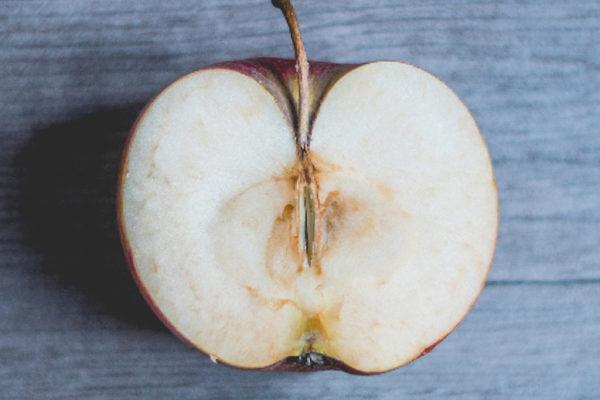
Luxury handbags from apple cores
Juice production results in surplus apple cores and peel. Rather than sending them to the incinerator, they can be fashioned into “apple leather” for use in furniture, shoes and luxury handbags.
happy genie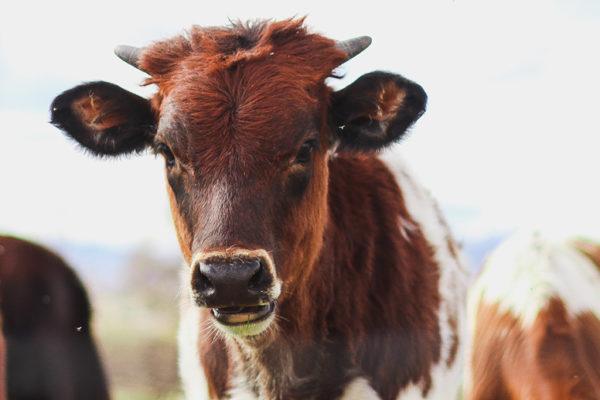
Shall I wrap that in cow dung for you?
About one-third of cow dung is cellulose pulp. Since we have a cow to help, regenerating fibres into cotton requires less energy than usual, and no high-pressure treatment. Less methane is produced and nutrients can be removed without polluting any water.
MesticBioska’s vision
Bioska can be turned back into Bioska.
Bioska’s R&D Director Jani Avellan believes that, in the future, organic waste will be collected all across the globe without releasing any methane into the atmosphere. That’s why he’s forecasting a significant increase in markets for biodegradable materials for collection, protection and packaging. This means that even small housing cooperatives (with fewer than five households) will have to organise the composting or separate collection of biowaste in some manner. Finland is already preparing new waste legislation with just that message.
Bioska’s Export Director Marko Päiväniemi says that the EU is actively steering Member States to build infrastructure for the separate collection of biowaste. Biowaste is not really collected in Eastern Europe, and likewise in North America with the exception of coastal regions. Separate collection has been better enabled in Northern Europe. Bioska is currently focusing on the development of future solutions in this area in particular.
Compostable protecting materials make recycling easier
Päiväniemi predicts that the retail trade will continue to battle with food waste. When food waste is generated, it’s important to ensure that the packaging enables it to be processed into biogas or fertiliser. Compostable food wrapping and packaging makes this possible. Päiväniemi is also looking further ahead: food waste may become the raw material for new compostable packaging materials.
Avellan describes how labour-intensive agricultural sectors will be able to decrease their workload when protective plastic no longer needs to be collected from fields at the end of the growing season. In greenhouses, you would no longer need to tear away substrates before composting. Although the purchase price of compostable materials is higher than plastic, the total costs will end up being much lower.
It’s time to make biowaste recycling effective
Plastic started becoming commonplace as a packaging material about 25 years ago. As we were unable to set up recycling infrastructure at the same rate, we ran into problems. That’s why the era of compostable materials is now upon us.
“Have we maybe learnt something?” Bioska’s developers ask, before returning to their desks to change the world.

